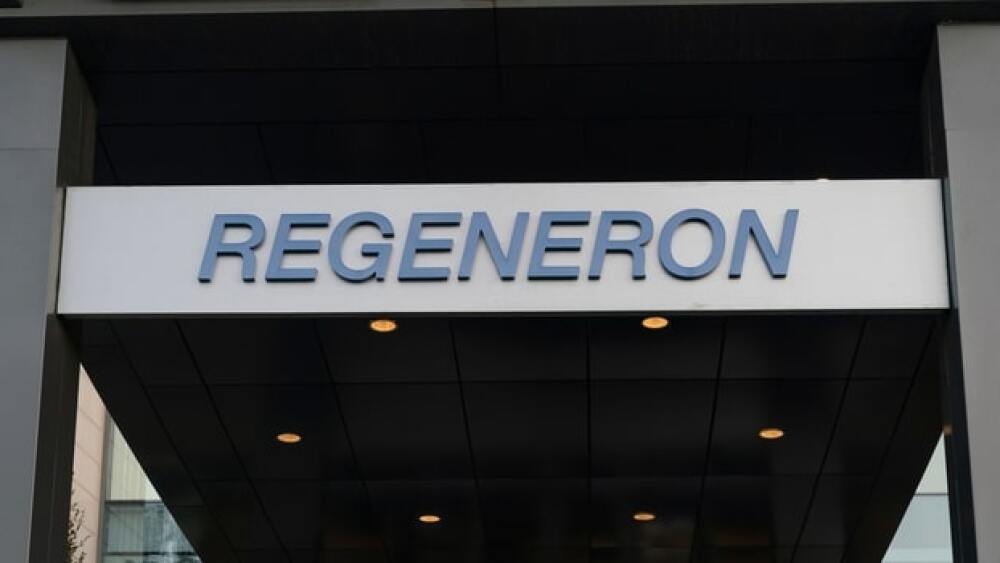Skin health logged major wins this week after two companies announced positive clinical trial results.
lev radin/Shutterstock
Skin health logged major wins this week after two companies announced positive clinical trial results.
Medical dermatology firm LEO Pharma today shared initial results from its ongoing Phase III trial for tralokinumab in the treatment of moderate-to-severe atopic dermatitis in adolescents.
Week 16 results from the 52-week Phase III ECZTRA 6 trial demonstrated a significant improvement in atopic dermatitis signs and symptoms in teens aged 12 to 17 years, even without rescue therapy. Tralokinumab is a high-affinity antibody that inhibits IL-13, which is the key driver of disease manifestations. It has not yet been approved in the U.S., but the European Commission and Health Canada have already allowed it for use in adults with the same skin condition.
In the ECZTRA 6 trial, the adolescents were given either 150 mg or 300 mg of tralokinumab every two weeks, and the results were compared with a placebo group. At week 16, the drug met its primary and secondary endpoints, including safety, tolerability, and overall frequency and severity of adverse events. Details of the results were presented at the virtually held 2021 Fall Clinical Dermatology Conference.
“We are encouraged by these results that advance our understanding of tralokinumab in adolescents, many of whom often struggle with the negative emotional and physical impacts of atopic dermatitis. This is an important milestone for the overall ECZTRA clinical trial program as we expand studies to include younger patients,” said Jörg Möller, M.D., the executive vice president for global research and development at LEO Pharma, in a statement.
The week’s second win is from Regeneron Pharmaceuticals and Sanofi, which jointly announced their Phase III trial on Dupixent (dupilumab) for the treatment of uncontrolled prurigo nodularis in adults who had successfully met all primary and secondary endpoints.
Dupixent is being evaluated for treating a chronic type 2 inflammatory skin disease that often leads to extreme itching and dark skin lesions. The Phase III PRIME2 trial showed a significant reduction in itching among those who received Dupixent compared to the placebo group at week 12. By week 24, the itch reduction was nearly three times lower than the baseline, which 45% of the participants achieved almost clear skin. The average age of the participants was 49 years and covered mixed ethnicities.
“Prurigo nodularis is an underdiagnosed disease with immense physical and emotional burden for the 74,000 people in the U.S. who are unable to control their disease with topical steroids and otherwise do not have an approved treatment option,” said George D. Yancopoulos, M.D., Ph.D., the president and chief scientific officer at Regeneron, in a statement.
“These results show – for the first time in a Phase III prurigo nodularis trial – that a systemic medicine was able to address the most debilitating symptoms such as itch without broadly suppressing the immune system, building on the promise of Dupixent in a broad range of serious dermatologic, respiratory and gastrointestinal diseases,” added Dr. Yancopoulos.
Dupixent was created using Regeneron’s VelocImmune technology. It is approved in the U.S., Japan, Europe, and other countries for moderate-to-severe atopic dermatitis and asthma or chronic rhinosinusitis with nasal polyposis (CRSwNP) in certain age groups. Its potential use for prurigo nodularis has yet to be fully evaluated by any regulatory authority.
Featured Jobs on BioSpace





